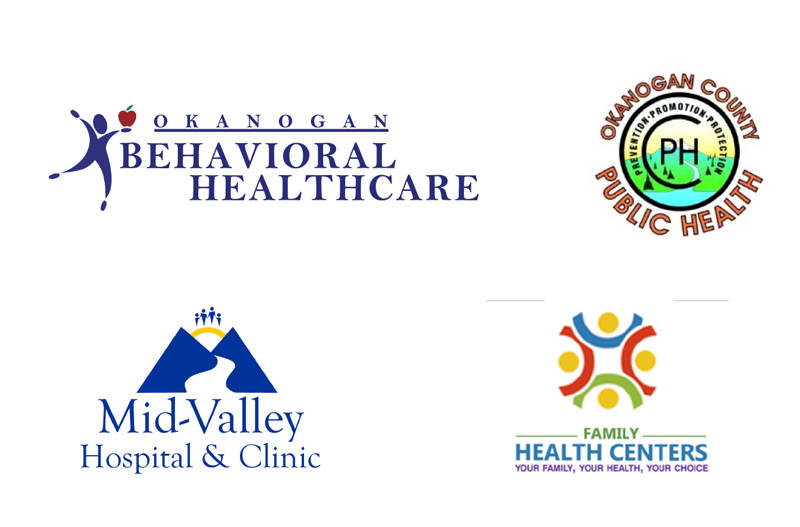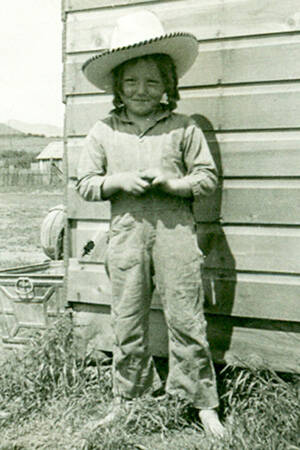OKANOGAN COUNTY– The Rural Communities Opioid Response Program (RCORP) partners wish to call attention to the increased risk of both suicide and accidental serious injury due to consumption of substances around the holidays.
In any year, people with family disruption, grief and loss can experience significant emotional pain when faced with celebratory events, and this time of year can be particularly difficult for our neighbors who struggle with substance use disorders such as alcoholism or drug addiction. But in 2020, with so many in our county struggling through social isolation, reduced income, and/or the devastation wrought by wildfires, it is of particular importance that our community members are aware of and help to address these risks. According to CDC data, the most dangerous times of the year for drug-and-alcohol-related deaths are December, January, and March. In addition to a higher propensity for relapse during the holidays, opportunities for in-person support from friends and family are greatly diminished this year due to COVID-19.
RCORP is a multi-sector consortium of agencies including Family Health Centers, Okanogan Behavioral Healthcare, Okanogan County Public Health, and the Okanogan Community Overdose Prevention and Education program (OK COPE). Mid-Valley Hospital and Clinic are also supporting partners. RCORP aims to reduce the impacts of substance use disorders (SUD) on Okanogan communities.
This month, the RCORP consortium is launching the local SUD and suicide data project. While multiple factors influence suicidal behaviors, substance use is a significant contributor linked to suicides and suicide attempts. National data from the CDC identify suicide as the 10th leading cause of death, claiming more lives than motor vehicle accidents every year. It is the second leading cause of death for people ages 15 to 34 behind accidental deaths. Individuals with SUD are particularly susceptible to suicide and suicide attempts. Opioids, including heroin and prescription painkillers, are present in 20 percent of suicide deaths. Behavioral healthcare professionals, medical staff, and emergency first responders in Okanogan County confirm that they observe the overlap of SUD and suicidal ideation.
Key elements in any strategy for reducing risk of suicide, accidental death, or SUD relapse are increased awareness of mental health support services plus overdose prevention education. The Okanogan Behavioral HealthCare 24-hour crisis phone and text lines connect people directly with a trained professional who can help. According to Russ Matthynssens, OBHC Re-Entry Case Manager, “Care for mental health and substance/opioid use disorders should not wait. You are not alone. Call us toll-free any time of day or night at 866-826-6191, or text HELLO to 741741 and connect with a caring and compassionate crisis counselor.”
The consequences of any type of substance use, including prescription medications for pain, sleep, or anxiety, have become increasingly dangerous and the connections to suicidality or accidental death can be surprising. Many people assume that they are not at risk for accidental drug overdose because they do not meet (or do not think they meet) criteria for clinical addiction, or for suicide because they do not have major depressive disorder. However, until recently the most common cause of accidental overdose death was prescription pain pills, and the very popular prescription sleep aid zolpidem has been implicated in suicide in previously healthy people.
Having several drinks and then taking sleeping pills, or borrowing a friend’s pain pills for their bad back and then drinking several beers, or smoking some meth while partying with friends, can all lead to accidental overdose death.
Super potent synthetic opioids like fentanyl have entered the illicit drug supply and can be visibly indistinguishable from opioid pills, heroin or even meth. Dr. Caleb Banta-Green of the University of Washington states that crime lab data in Washington shows that in 2020, every illicit tablet labelled “Oxycontin” 30 mg (called M30 due to the imprint on the tablets) in fact contained fentanyl and not oxycodone. Because fentanyl is up to 100 times more potent than morphine, the consequences of ingesting equivalent amounts of these drugs can be fatal. Multiple doses of naloxone (“Narcan”) are often needed to revive people with fentanyl overdose. The presence of fentanyl in substances can be detected by fentanyl testing strips, which are freely available through RCORP partner OK COPE. RCORP consortium members OK COPE, Okanogan Behavioral Healthcare, Family Health Centers, the Public Health Department, Mid-Valley Hospital and Clinic all seek to raise awareness about these important public health measures to decrease both suicides and overdoses in our community. We urge the community to make mental healthcare a priority and to keep in touch with friends, family and neighbors who might be susceptible to depression, relapse to drugs or alcohol, accidental overdose or suicide.
For resources to support mental healthcare or substance use disorder treatment, call Okanogan Behavioral Healthcare at (509) 826-6191 or toll free at 1 (866) 826-6191 or visit (www.okbhc.org). For information on overdose prevention or to get naloxone/Narcan, call Victor Mendez at 509-588-7925 or email info@okcope.org. To get connected to medical treatment for opioid use disorder such as buprenorphine (“Suboxone”) or Vivitrol, call or text the Opioid Treatment Network (OTN) cell phone at 509 322-5971.





